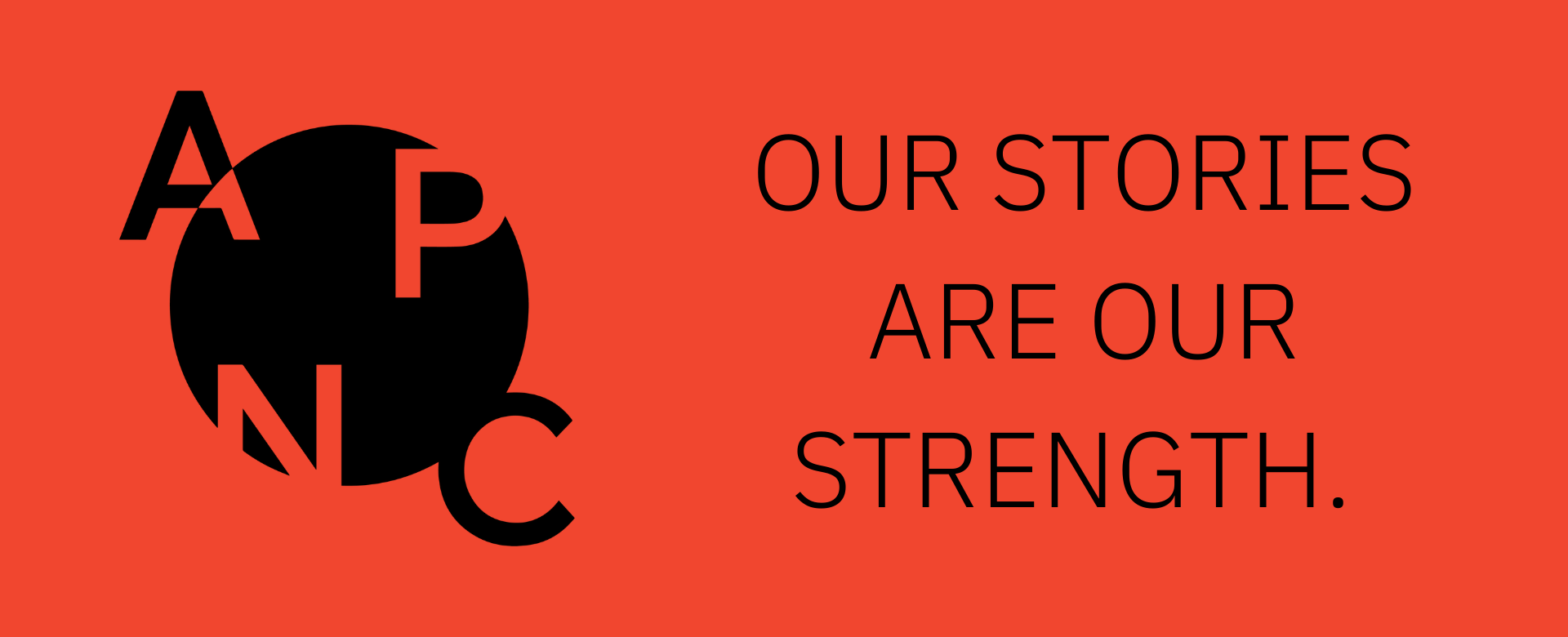One Story from a North Carolina Parent
My daughter is my favorite person in the entire world. I love her with every fiber of my being. She weighed just over four pounds when she came into this world prematurely. She was a fighter from the beginning. She came out squawking and never had to go to NICU like most preemies born under the same conditions. She looked like a beautiful, yet tiny, delicately crafted baby doll with the sweetest little rosebud mouth. We called her “super baby” because she continually defied all the odds. She even surprised the doctors who frequently cautioned us to have realistic expectations and prepare for setbacks.
My daughter is a vivacious, funny, loving, giving, sensitive, beautiful, and incredibly intelligent young lady. She doesn’t recognize just how smart she is. But then again, not many people recognize most of these wonderful things about her right now either. Her bright light is dimmed by drugs. Heroin, benzos, and roxies hold my child hostage like an abusive partner who locks his girlfriend in a room and keeps everyone else away. Strangers look at her and see a ‘junkie.’ I look at her and see trauma. And pain. So much pain. I feel her pain. It’s palpable. It guts me. It takes my breath away at unexpected moments. When I’m taking a walk. When I’m in the car and a song on my playlist feels like a knife in my heart. When I look at her paintings in my office. I feel her pain. Her pain has taken on a life of its own. Exacerbated by more trauma she’s experienced on the streets during active cycles of use.
The thing most people don’t understand about addiction until it happens to someone they love is that you feel like you lose them over and over and over again. Each new low. Each new injury. Each new trauma. You lose parts of yourself each time too. Chunks of your heart die a little. A painful cycle of fear and anger, frustration and stress, and sleepless nights becomes your normal. Occasionally you have joyful moments when you see your loved one smile and laugh and sound like their “old self.” You desperately cling to those moments with a white-knuckle grip; like a person trying not to fall off the side of a cliff. It’s exhausting. But hope… hope is mighty. Hope is tenacious. Hope is relentless. Hope is fierce. Hope is a fighter. It has to be. Because treatment sucks.
Don’t get me wrong. There are definitely treatment providers who care. They absolutely exist and are doing their best within a clunky system that could be so much more innovative and effective. But they’re limited by funding when state lawmakers demonstrate with budget votes that behavioral health isn’t a true priority. They’re constrained by a person sitting at a desk at an insurance company; a person who’s so far removed from the actual delivery of services that they may as well have a cubicle on Mars.
Words like trauma focused and trauma informed care ring hollow when providers aren’t able to actually implement care that truly addresses a person’s trauma. Residential
treatment—the kind non-millionaires can access via Medicaid or insurance—is flawed. How are counselors supposed to build rapport and establish trust with a person who’s drowning in one month’s time? How is the person in treatment supposed to feel physically and emotionally healed enough to resume major responsibilities in one month’s time? The expectation that 30 days (or less) of residential treatment prepares someone to jump back into a full time job, 9 hours of outpatient treatment weekly, and meetings several times a week would be laughable if it weren’t so outrageous.
Basically its asking patients to rip the scabs off their old wounds by sharing ‘what happened’ to them and then sending them back out into the world prematurely in a raw,
exposed, and vulnerable state. Then we wonder why the treatment doesn’t “stick.”
I’m tired of hearing that it typically takes several stints in rehab for treatment to work. Maybe people don’t fail rehab. Maybe rehab fails them. Why aren’t we following the brain science? We all know why. Funding. Whether it’s Medicaid or private insurance, funding is the faceless dictator that doles out how much care a person can receive. I bet treatment providers would jump at the chance to provide longer phases of more comprehensive, trauma-focused care from the outset if payor sources allowed it. Human toll aside, how are multiple visits to rehab and repeat returns to use cost effective? Patients get a fraction of what they need. It’s like giving a cancer patient three doses of chemo when ten is the most effective. Of course the cancer returns. Hell, we never gave it a chance to disappear at all. What did we expect when we shortchanged the patient?
In the last few years our lives have become surreal. I feel like we live in a rip-off of a Liam Neeson movie. Drug dealers have come to our house and smashed up our car. I’ve been physically assaulted. Harassed. We’ve had multiple ER visits. We’ve had hospitalizations. We’ve had treatment providers who don’t know how to taper Suboxone properly and safely. We’ve had police officers in our home. I’ve been inside drug houses that are so dark and full of clutter and despair I thought I’d slipped into one of Dante’s rings of hell. We’ve had calls from jail. Court dates. Possession charges. Addiction is the only disease where the sicker you get the more punishment you potentially face. Seeing your child wearing shackles and a jumpsuit that says “inmate” on the back creates a visceral response. This is what heroin does. This is what trauma does. This is what keeps me up at night. This is what makes me fear the random number calling my phone. My inner voice begging, please, please, please. Let it not be that call. The one every parent fears when their child struggles with addiction. I’ve received the overdose call. I’ve felt my heart beat so hard and so loud that it feels like a bass drum booming in my chest and thrumming inside my head. I’ve felt the flood of adrenaline surge through my body. I’ve felt this other person inside me take over and steal my voice because the real me is reeling in shock. Good in a crisis and fall apart later. I’ve pulled up and watched EMS interact with my child. Thankful that someone knew there’s a Good Samaritan Law. Thankful for Narcan. Thankful that I still have my child when so many other parents don’t. My heart breaks for them. I’m terrified of becoming them.
When I told APNC I would share my experience as a parent whose child is struggling with addiction they told me the only things they’d have to edit are “f bombs and hate speech.” The side of me that still has a sense of humor laughed and wondered, “Do they have to say this to everyone or does my occasional artful use of expletives prompt this?” Then reality hit me. Those parameters are given to all of us who live inside this claustrophobic Venn diagram of anger, fear, and frustration. All of us whose lives feel surreal and we wonder, ‘how the hell did we get here,’ as we watch our loved ones cycle through various phases of addiction. I’d like to say that I followed those rules. But life is fragile. Life is fleeting. Life is worth fighting for. So for my daughter, and all the others who struggle with addiction and their families, I am going to drop some “F-bombs” for those who hold the purse strings. Our system isn’t working. Find your heart, soul, or any other body parts needed to do the right things to help people get well. FUND it. So we can FIX it. FIGHT the insurance companies with us. FAMILIES depend on you to serve their best interests. How broken do we need to be before things improve? Don’t FAIL us again. FUND it. So we can FIX it.
-A NC Parent
#YourAPNC
We are grateful that this parent was willing to share their story with us. Please JOIN IN and share your stories and thoughts with us by following THIS LINK.

